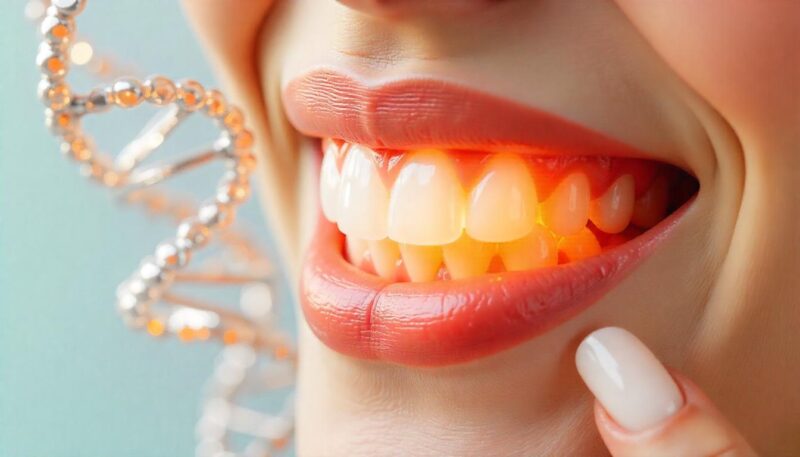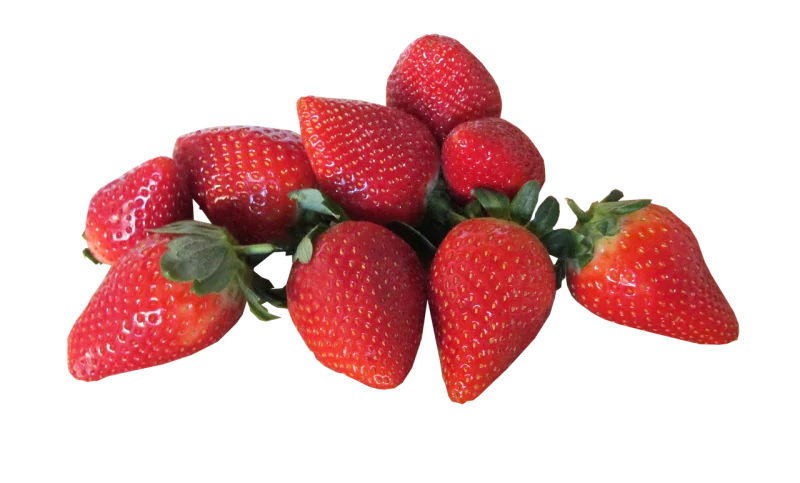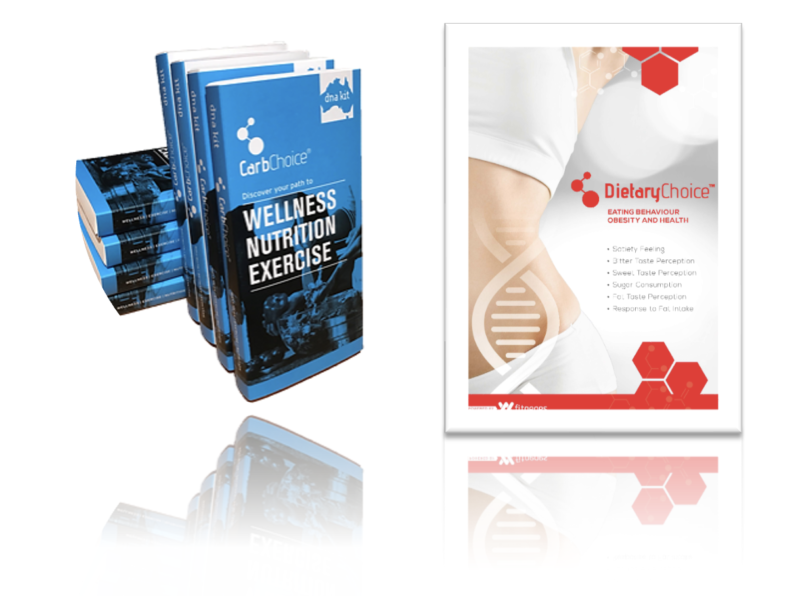Did you know that your genes can influence how likely you are to get cavities? While diet, oral hygiene, and bacteria all play a role, research shows that genetics can also affect your risk of tooth decay and gum disease.

One key genetic factor is the AMY1 gene, which encodes the salivary amylase enzyme that helps break down starch into sugar, affecting the composition of oral bacteria. People with more copies of AMY1 produce more amylase, leading to faster starch digestion and lower risk of obesity. However, studies also show that individuals with higher AMY1 copy numbers who consume more rapidly digestible starch may have an altered bacterial balance, increasing the risk of cavities and gum disease. On the other hand, people with fewer AMY1 copies have more difficulty digesting carbohydrates efficiently, which has been linked to a higher risk of obesity and metabolic issues, but lower risk of tooth decay.

Other genes, such as TAS1R2 and GLUT2, influence changes in individual taste preferences, sugar metabolism, and other factors related to oral health. TAS1R2 affects how we perceive sweetness, while GLUT2 plays a role in glucose transport. People with certain variants of these genes are more likely to be sweet-likers and have a higher sugar consumption. Not surprisingly, newer research suggests that these variants, individually and in combination, are also directly linked to higher rates of tooth decay.

By understanding the genetic factors behind tooth decay, you can make better-informed choices about their diet and oral care routine. For example, people with high AMY1 copy numbers might benefit from moderating starch intake, while those with cavity-associated TAS1R2 or GLUT2 variants should be mindful of sugar consumption.

In conjunction with your health practitioner, Fitgenes reports may provide the information to help you understand your genetic predisposition can help you make better choices for your teeth. Our CarbChoice® Report includes AMY1 copy number analysis to help individuals understand their predisposition to responding to dietary starch. Additionally, genetic variants in GLUT2 and TAS1R2, which influence sweet taste perception and sugar metabolism, are included in our DNA DietaryChoice™ Report, providing insights into personal dietary tendencies and potential health risks.
Reach out to Fitgenes to help us assist you to locate a suitable practitioner.

Article author: Cristina Fortuno, PhD
Dr Fortuno is genetic scientist with focus on human health, and has a PhD (University of Queensland) in Human genetics.
References
Kulkarni GV, Chng T, Eny KM, Nielsen D, Wessman C, El-Sohemy A. Association of GLUT2 and TAS1R2 genotypes with risk for dental caries. Caries Res. 2013;47(3):219-225. doi:10.1159/000345652
Superdock, D. K., Johnson, L. M., Ren, J., Khan, A., Eno, M., Man, S., & Poole, A. C. (2025). The Impact of Human Salivary Amylase Gene Copy Number and Starch on Oral Biofilms. Microorganisms, 13(2), 461. DOI: 10.3390/microorganisms13020461


